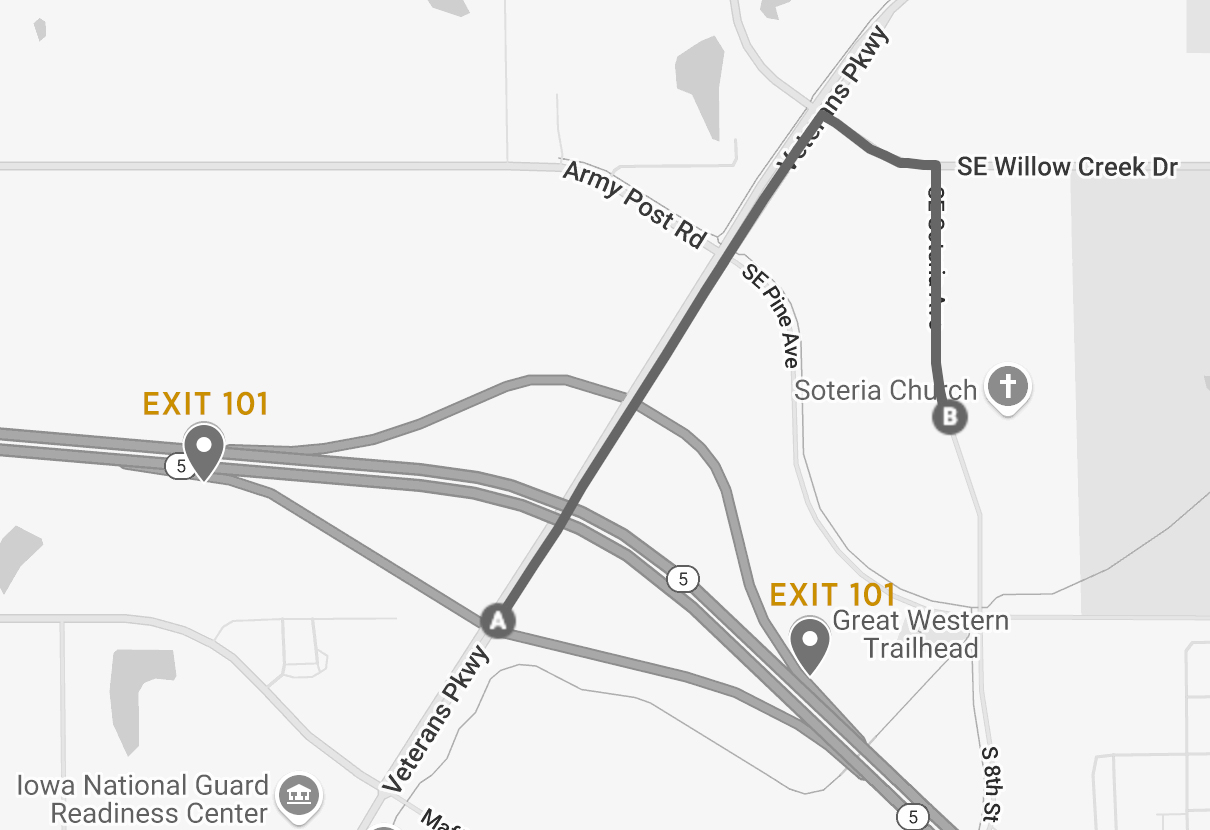Finger-Pointing at the Mirror
By Jared Segerstrom
Each morning I wake to an unwritten, yet very regimented routine.
I shut off my alarm, check my phone for notifications, tiptoe past my toddler-aged daughter’s bedroom to the bathroom, shower, get dressed, and make my way to the living room.
When seated in the living room, I unlock my iPad, read my Bible, and check social media. It seems every time I scan Facebook or Twitter, I’m either disappointed, discouraged, or disheartened by what I read. Disappointment comes by reading a post from a family member or classmate who grew up hearing the gospel, but has now abandoned the faith. Other times my stomach is turned at a headline announcing an unthinkable act of evil or a devastating natural disaster. I find myself frustrated at the division and unrest in our country.
After closing my iPad and getting up from my chair, I make my way to the kitchen to brew coffee. As I wait for the water to heat up, I contemplate what I just read. I think, “I can’t believe how evil some people can be” or “What is our society coming to?” Sometimes these questions are valid reflections on evil in the world. But way too often, my thoughts reveal a self-righteous heart. I want to blame society for the evils in the world without ever considering that I am a part of society. In fact, our evil, sinful culture is simply an accumulation of many evil, sinful persons, including myself.
James addresses my self-righteous attitude in his letter to dispersed Christians. He asks them this rhetorical question: “What causes quarrels and what causes fights among you?” (James 4:1). I know how I answer that question. Most of the time I find myself in a disagreement because of another person’s unreasonableness or ignorance. Other reasons include a long day at work, a poor night’s sleep, or an empty stomach.
But that’s not what James says is the reason we sin and engage in conflict. He answers his question: “Is it not this, that your passions are at war within you?” James says that the reason I fight and quarrel is because my desires are out of control. I want to have things my way more than I want to love and serve other people. I can’t blame the society around me for my sinful thoughts, words, and actions. I can’t blame my upbringing, my genetics, or my environment for my sinful responses. Instead I have to point the finger at myself.
While it might seem depressing to place the blame for sin on myself, ironically that’s where hope is found. You see, I can’t change how other people treat me. I can’t change my genetics, upbringing, environment, or society at large. But God CAN change me. He uses His Spirit, His Word, and His people to change my sinful heart to better reflect His heart. This change is slow and painful at times, but it is a joy to know that God is working for my good to change me into the image of His Son (Romans 8:28-29).
Based on this renewed understanding of who I am and how God works, I’ve decided to add one short step to my morning routine. After I tiptoe past my daughter’s room and before I brew my morning coffee, I’m going to look into the bathroom mirror and point my finger at the drowsy face I see. I’m going to tell that face, “You’re the most sinful person I know. The reason you sin is because of your out-of-control sinful desires, not society or your environment. But Jesus died for you. He took your sin, so you don’t have to be slave to it anymore. God can change you. Trust Him, and stop blaming others.”
With that short, but valuable addition made to my morning routine, I can humbly, joyfully (and quietly) proceed to the kitchen and brew a delicious cup of coffee.


